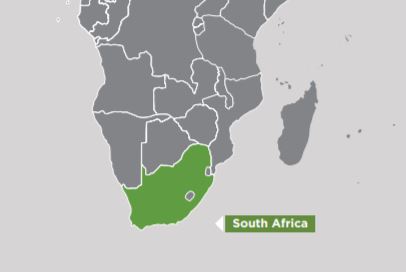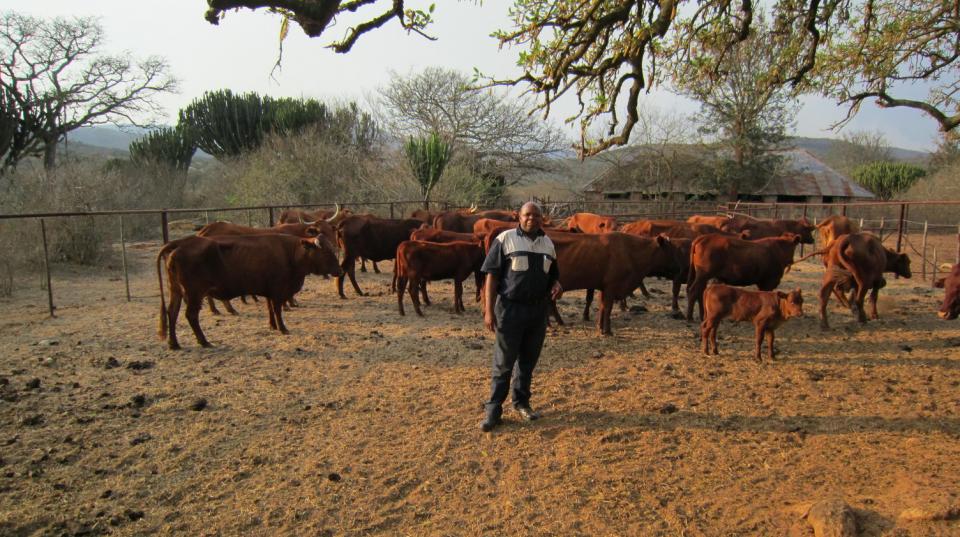Overview
This project aimed to improve the profitability of emerging and smallholder cattle farmers by developing cost-effective and environmentally-sustainable beef value chains that supply cattle to meet the specifications of high-value, free-range beef markets.
Since the early 1990s, red meat consumption in South Africa has increased by about 20%, and is projected to increase by a further 20% by 2023. To meet this growing demand, South Africa is a net importer of beef and live animals to supply grain-fed beef to supermarkets and weaner cattle for feedlots.
Emerging and communal farmers market less than 10% of their animals each year, compared to 25% in the commercial sector, showing the enormous potential for improvement.
The overall planned outcome was to increase the cost effectiveness of emerging and communal farm businesses in an environmentally sustainable way. Achieving the overall outcome simultaneously improves the profitability and productivity of smallholder farmer businesses through higher prices for cattle meeting free-range specifications and improves on-farm production systems that increase animal performance and supply of cattle.
Project outcomes
- Increasing adoption of improved practices, knowledge and skills across all sectors of the value chain, including at farmer, transporter, processor and retailer levels.
- Improving profitability and productivity of smallholder farmer businesses through higher prices for cattle that meet free-range market specifications and the use of improved on-farm production systems that significantly increase animal performance.
- Regular monitoring of the farm natural resources by project farmers and their adherence to more sustainable production systems will result in reduced grazing pressure and soil erosion and improved land quality during the life of the project. If these practices are continued beyond the life of the project, they will lead to an improved farm natural resource base and environmentally sustainable production systems.






